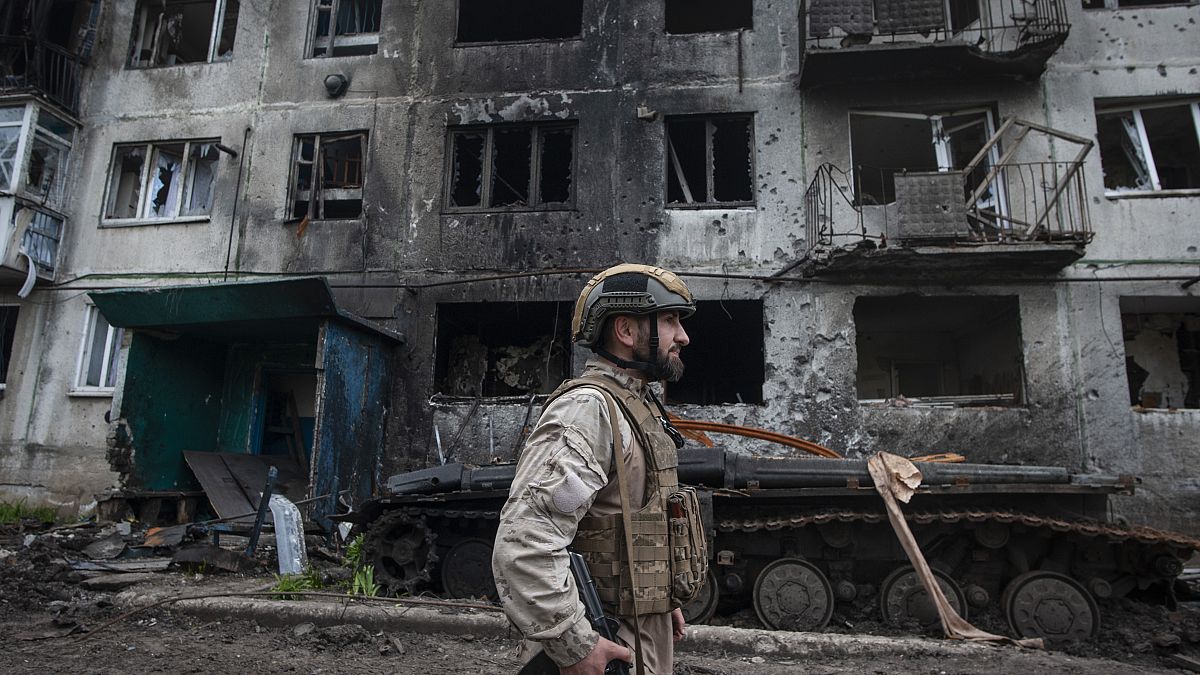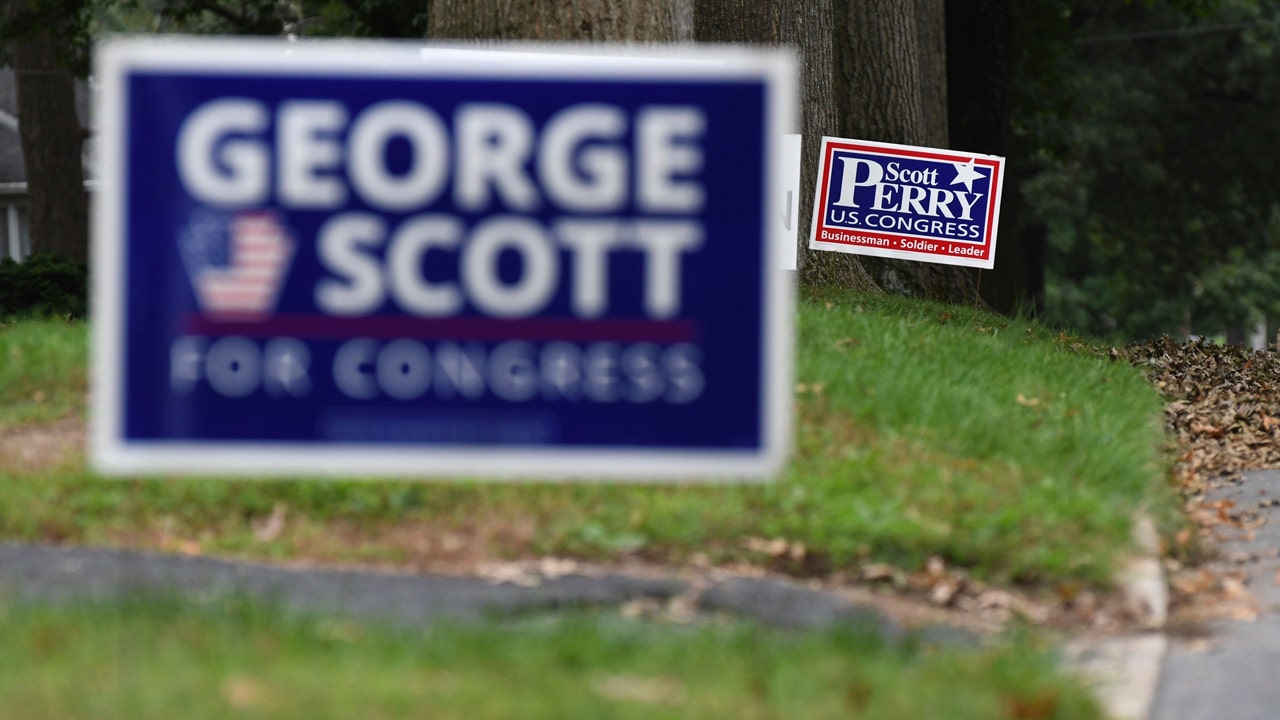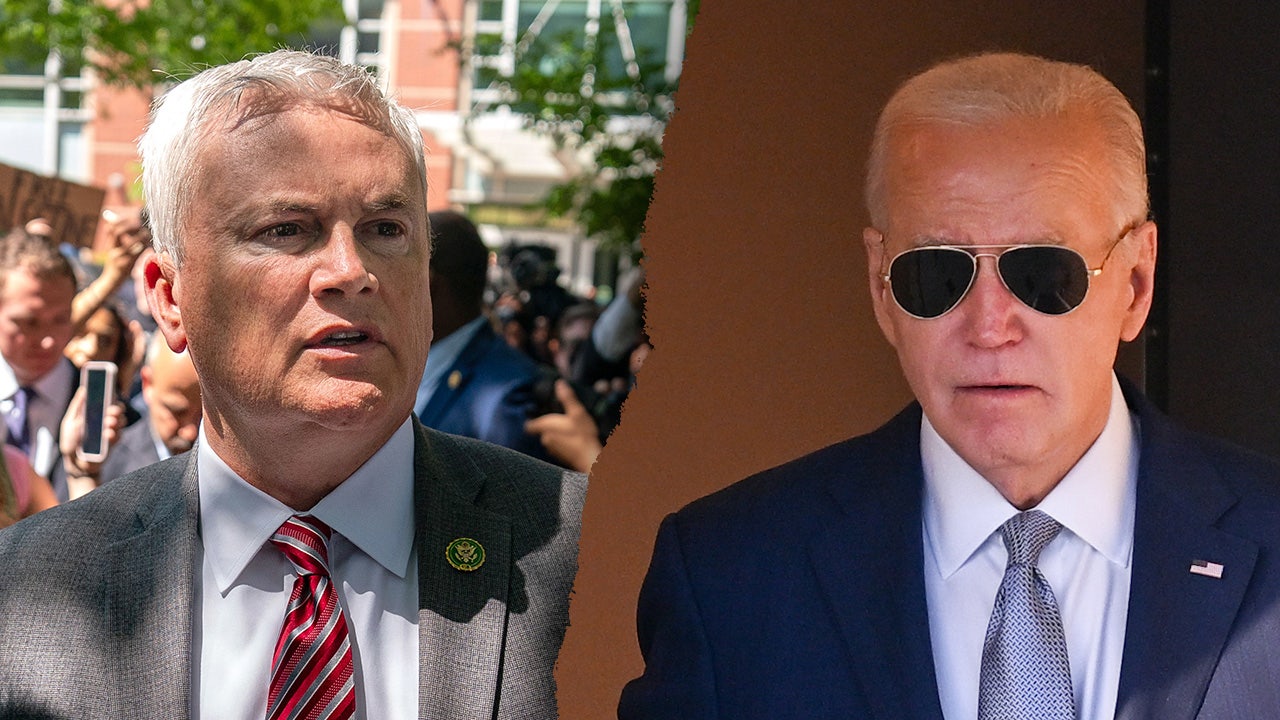World
Ukraine has a list of ‘war sponsors.’ But how exactly does it work?
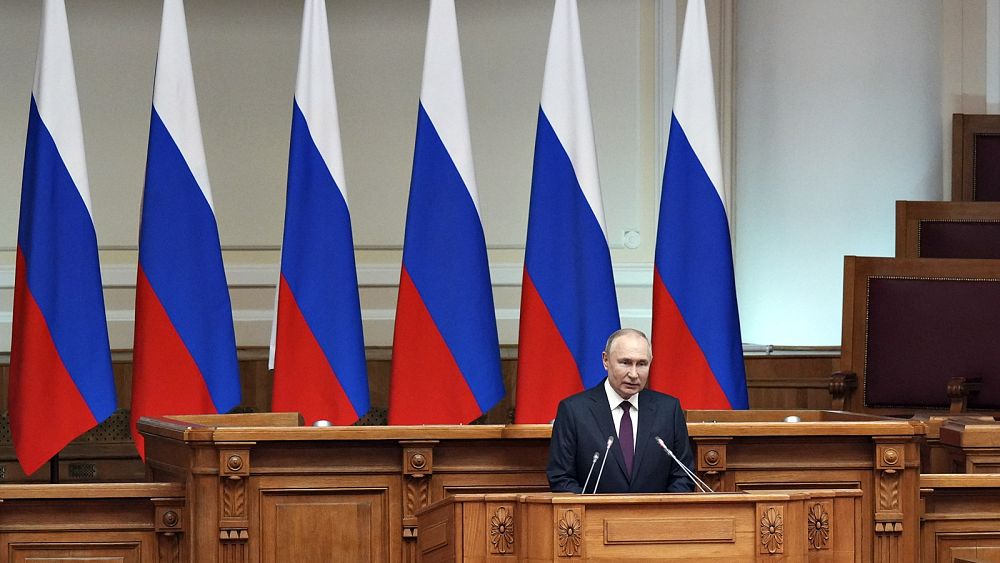
Ukraine’s list of “international sponsors of the war” targets foreign companies that are still doing business in Russia despite pressure to pull out.
When it comes to foreign policy, name-shaming can be a mighty force.
Since Russia launched the full-scale invasion of Ukraine, the authorities in Kyiv have made remarkable use of finger-pointing to expose those considered to be an accessory to Vladimir Putin’s attempted revisionism of European history.
Multinationals, CEOs, administrations, lawmakers, party leaders and heads of state have all been the target of Ukraine’s uncompromising censure. But the scolding strategy, which merges techniques of diplomacy, public relations and social media, has at times put Western allies in an evidently uncomfortable position, much to their chagrin.
This simmering tension has again come to the surface over Ukraine’s list of “international sponsors of war,” a compendium of foreign companies that, in Kyiv’s view, support the war through their decision to continue doing business in Russia, paying taxes to the central government and propping up the federal budget that bankrolls the military.
The firms and their top executives are accused of supplying “goods and services of critical purpose” that help perpetuate the invasion and “thereby financing terrorism,” an explosive indictment that would make any enterprise break out in a cold sweat.
Since its launch last summer, the list has grown in size and currently encompasses 102 individuals and 26 companies, 17 of which have links to the European Union.
One of them is OTP Bank, Hungary’s largest commercial bank, whose addition earlier this month triggered a furious response from Budapest. Péter Szijjártó, the country’s foreign affairs minister, called it “unacceptable” and “scandalous” and demanded its immediate withdrawal.
The bank, which serves over 2.4 million clients in Russia, is accused of recognising the so-called “people’s republics” in the occupied territories of Donetsk and Luhansk and providing “preferential credit terms” to the Russian armed forces, allegations denied by the company.
“OTP Group operates in compliance with all international sanctions and local laws in all its markets, including Russia,” a spokesperson for the company said in a statement, noting the bank’s 0.17% market share in Russia. “We consider our inclusion on the list to be unjustified.”
The row further escalated when the Hungarian government, in retaliation for the listing, used its veto power to block a new tranche of €500 million in EU military assistance for Ukraine. Budapest made it clear the hold-up will last as long as the bank remains designated.
The controversy forced Josep Borrell, the EU’s foreign policy chief, to mediate and reach out to his Ukrainian counterparts in a bid to appease Hungary’s rage and find a compromise. (The EU has neither endorsed nor disputed the list and has not provided any input to the Kyiv authorities.)
“We have to do everything we can in order to make the next package of military support for Ukraine being approved. If one member state has a difficulty, let’s discuss about it,” Borrell said.
A contentious selection
What is perhaps most remarkable about Ukraine’s list of “international sponsors of war” is the fact that it is absolutely devoid of legal power. Being on the list does not entail the freezing of assets, a travel ban, trade restrictions or any other consequence akin to a sanction.
The list, which is managed by Ukraine’s National Agency on Corruption Prevention (NACP), is essentially a name-shaming exercise designed to pile pressure and inflict a degree of reputational damage that is profound enough to make a foreign company cut all ties with the Russian Federation.
But the selection made by the NACP appears to be extraordinarily narrow – just 26 companies – compared to the vast reality on the ground: according to a study by Yale University, hundreds of firms maintain commercial operations in Russia in defiance of international condemnation.
Yale has found that 229 companies, including well-known brands like Italy’s Benetton and France’s Lacoste, keep “business as usual” inside the country, while an additional 175 corporations, such as Germany’s Bayer and the Netherlands’ ING Bank, are “buying time,” meaning they have paused new investment projects but still perform day-to-day transactions.
The Ukrainian list, which is predicated on the logic that doing business in Russia feeds into the federal budget and therefore finances the aggression, fails to reflect this widespread complacency, providing instead a hand-picked inventory.
By doing so, dozens – maybe hundreds – of companies still serving Russian clients are spared from the public ignominy of being labelled a “war sponsor” by a country under attack. Meanwhile, those who carry the scarlet letter are left scrambling to get it off their backs.
“There are no formal selection criteria,” a NACP spokesperson told Euronews.
However, the spokesperson explained, in practice the company should be of non-Russian origin, run a large-scale operation, have a well-known brand, be present in various jurisdictions and, most crucially, contribute somehow to the war.
“By paying taxes, supplying key goods or materials, taking part in propaganda or mobilisation campaigns, such company indirectly contributes to and keeps up Russia’s capacity to wage the war,” the spokesperson said.
This indirect link is the trickiest element behind the register: due to corporate secrecy and the opacity of the Russian state, it is difficult to draw a convincing line between doing business and subsidising a war.
The list’s official website offers only brief explanations for each designation, followed by a handful of media reports that describe the firm’s alleged wrongdoing. In some cases, the connection with the Russian Federation is not explicitly stated by NACP and is only understood if the reader visits the media reports.
Accusations and denials
As part of this article, Euronews contacted the 16 EU-based companies designated under the Ukrainian list. (A 17th company from Estonia proved unreachable.)
By the time of publication, seven of them had replied offering detailed statements in which they forcefully challenged the accusations and denounced the illegality of Russia’s invasion. An eighth company refused to comment on “commercial matters.”
Auchan, the French retailer that employs more than 350,000 people around the world, is among those facing Ukraine’s ire for continuing operations inside Russia through its subsidiary, Auchan Russia.
On its website, the NACP accuses the subsidiary of “supplying goods to the Russian military in the occupied Ukrainian territories under the guise of humanitarian aid to civilians and helping military enlistment offices recruit conscripts.”
A spokesperson for Auchan contested the claims, arguing the company “fully” respects international sanctions and has halted all investments in the 231 stores of its Russian subsidiary, which functions “in total autonomy” and only serves the “civilian population.”
“Auchan Retail does not conduct, support or finance any ‘charitable’ collections for the Russian armed forces,” the spokesperson said. “At the same time, and this information is well known to the Ukrainian authorities, we have fully contributed to maintaining the food chain for the Ukrainian civilian population. We have never stopped operating our stores and digital services, including home delivery.”
Some of the listed EU companies, like the Vienna-based Raiffeisen Bank International (RBI), say they are in the process of leaving the Russian market, a move that, in theory, would absolve them from the dreaded label of “war sponsor.”
The Austrian lender, which is considered the most important Western bank in Russia thanks to a balance sheet worth almost €27 billion, was targeted by the NACP because it is allegedly servicing “fictitious companies” in Cyprus used by “oligarchs close to the Kremlin.”
A spokesperson for RBI says the group is dealing with “highly complex” market conditions and is assessing possible pathways to complete the sale of its Russian operations, a process that will likely involve huge losses. The wind-down is being closely monitored by the Austrian government, the European Central Bank and the US Treasury Department.
“Raiffeisenbank will maintain some banking operations in Russia to meet the conditions of its banking license, and support customers including those impacted by the reduction in business activity in Russia,” the spokesperson said. “The RBI Group has a responsibility to preserve the integrity of local operations in Russia, employing over 9,000 people.”
Other EU companies found themselves on the opposite end: they say they have entirely left the Russian market and nevertheless remain designated by Ukraine. That is the case of OpenWay, a Belgium-based software vendor, which insists it completely left the country in the spring of 2022.
The company was listed for having developed Mir, a card payment system meant to replace Visa and Mastercard in the aftermath of the illegal annexation of Crimea. The NACP argues OpenWay is unable to prevent its former clients from using Mir to bypass sanctions because its licensing agreements are “perpetual.”
The vendor disputes this connection, saying it no longer services Mir because Russia has “in-house developed software” to support the payment system for itself.
“Mir as a replacement for Visa and Mastercard is a complete failure. International acceptance is negligible and can hardly play any role in sanctions circumvention,” an OpenWay spokesperson said, noting they have asked the Ukrainian authorities to update the website “accordingly.”
According to the NACP, removal from the list is possible if firms cease all operations in Russia and provide a “realistic exit plan” that can be achieved in the short term. Asked about OpenWay’s request, a spokesperson said they were aware of media reports but had not received any official petition from the company.
“If we receive information that they have indeed left the Russian market, we will immediately remove them from the register,” the spokesperson said.

World
The Other Black Girl Cancelled at Hulu

ad
World
State Department criticizes Israel’s attempts at ‘mitigating civilian harm’ in Gaza war: report
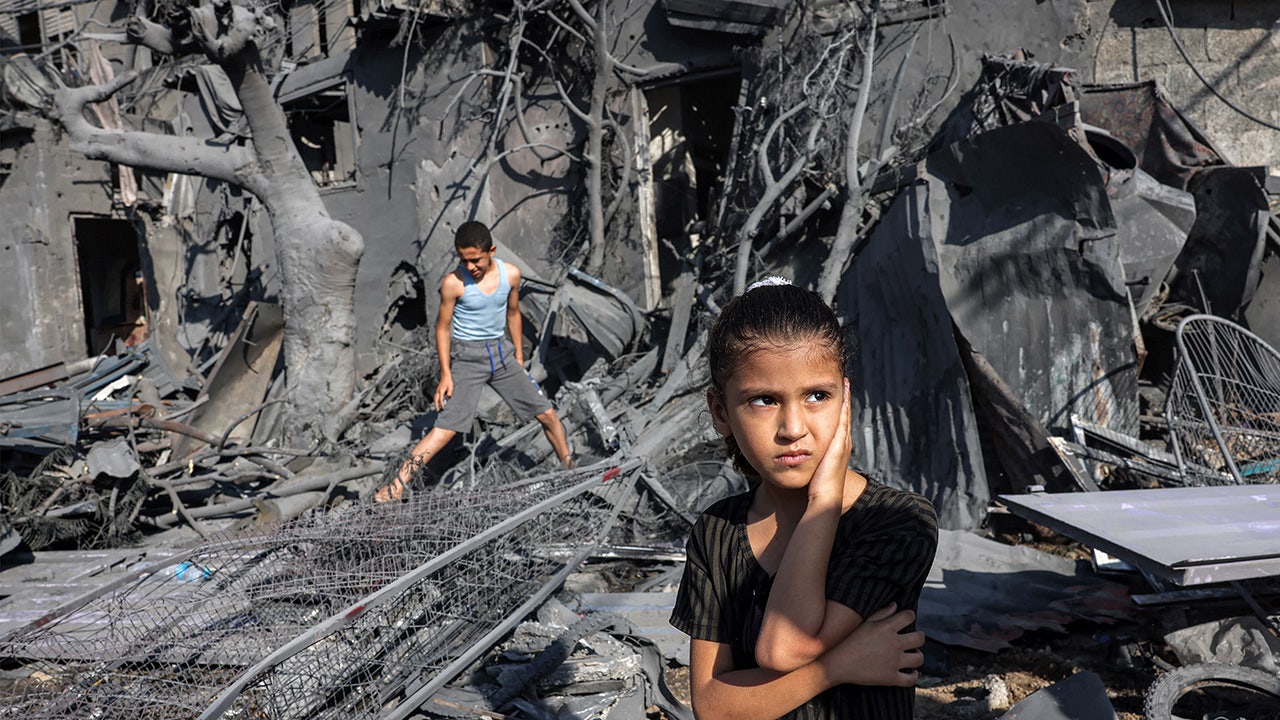
The U.S. State Department on Friday criticized Israel’s use of U.S-supplied arms in a way that may be “inconsistent” in “mitigating civilian harm” in the war in Gaza.
A report obtained by Fox News Digital, which was sent to Congress on Friday, admitted that “Israel has had to confront an extraordinary military challenge: Hamas has embedded itself deliberately within and underneath the civilian population to use civilians as human shields.”
The report added that “it is often difficult to determine facts on the ground in an active war zone of this nature and the presence of legitimate military targets across Gaza.”
Nearly 35,000 Palestinians have been killed in the conflict, including many women and children, according to the Palestinian government.
HAMAS KINGPIN HOLED UP DEEP BELOW GAZA, SURROUNDED BY HOSTAGES USED AS HUMAN SHIELDS, SAYS EXPERT
A girl looks on as she stands by the rubble outside a building that was hit by Israeli bombardment in Rafah in the southern Gaza Strip, Oct. 31, 2023. (Mohammed Abed/AFP via Getty Images)
The report was commissioned by President Biden to assess if Israel and other U.S. allies are adhering to international humanitarian law.
Israeli officials have said the country is complying with international law “and have identified a number of processes for ensuring compliance that are embedded at all levels of their military decision-making,” the report said, including giving advanced warnings, using specific weapons and avoiding places like schools, hospitals and places of worship.
“Although we have gained some insight into Israel’s procedures and rules, we do not have complete information to verify whether” U.S. arms “were specifically used in actions that have been alleged as violations of [international humanitarian law] or international human rights law during the period of the report,” the report continued. “The nature of the conflict in Gaza makes it difficult to assess or reach conclusive findings on individual incidents.”
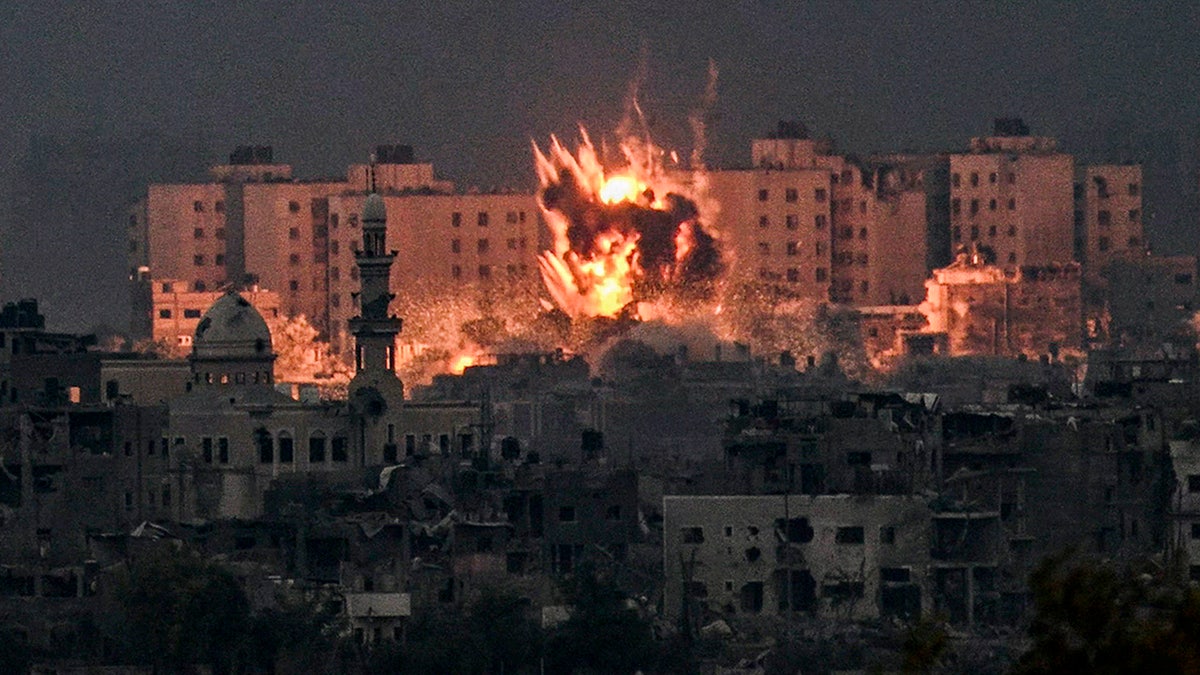
A fireball erupts during Israeli bombardment in the northern Gaza Strip, Oct. 14, 2023. (Aris Messinis/AFP via Getty Images)
It said, however, that the United Nations, humanitarian organizations and international humanitarian law experts “have reported Israeli civilian harm mitigation efforts as inconsistent, ineffective, and inadequate, failing to provide protection to vulnerable civilians who cannot or chose not to relocate.”
BIDEN VOWS TO WITHHOLD WEAPONS FROM ISRAEL IF NETANYAHU GOES FORWARD WITH RAFAH INVASION
Israel has the capability, experience and tools to mitigate civilian harm, the report said, adding, however, “the results on the ground, including high levels of civilian casualties, raise substantial questions as to whether the IDF is using them effectively in all cases.”
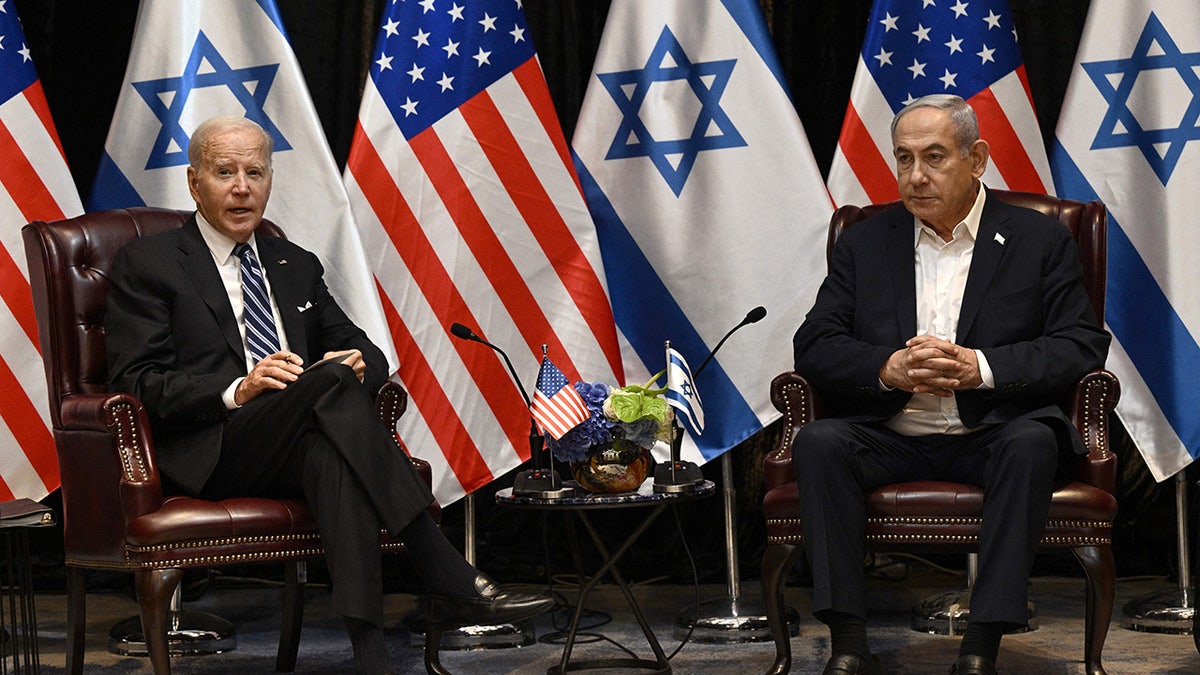
President Biden speaking with Israeli Prime Minister Benjamin Netanyahu in Tel Aviv last October. (Brendan Smialowski/AFP via Getty Images)
Despite misgivings, the State Department said it found Israel’s assurances that it had followed international law in the use of U.S. weapons “credible and reliable” and will continue supplying arms.
World
US report punts on possible Israeli violations of international law in Gaza

A report from the administration of President Joe Biden has found that Israeli forces likely used United States-supplied weapons in a manner “inconsistent” with international law, but it stopped short of identifying violations that would put an end to the ongoing military aid.
In the report, released on Friday after a delay, the US State Department indicated Israel did not provide adequate information to verify whether US weapons were used in possible violations of international law during its war in Gaza.
The Biden White House had issued a national security memorandum, NSM-20, in February requiring Israel and other countries receiving military aid to provide written assurances that all US-supplied weapons were used in a manner consistent with international law.
The US would then make a decision about future military aid based on those written assurances. Friday’s report is a byproduct of that memorandum.
“It is reasonable to assess that defense articles covered under NSM-20 have been used by Israeli security forces since October 7 in instances inconsistent with its IHL [international humanitarian law] obligations or with established best practices for mitigating civilian harm,” the report said.
The report nevertheless adds that the Biden administration believes Israel is taking “appropriate steps” to address such concerns.
Political backlash
The US has been a consistent ally to Israel throughout its seven-month-long military campaign in Gaza, which began on October 7.
That war, however, has spurred international outcry as humanitarian concerns mount.
Nearly 35,000 Palestinians have been killed in Gaza, many of them women and children, and the head of the United Nations World Food Programme has declared a “full-blown famine” in the northern part of the narrow enclave.
Still, Israel’s siege on Gaza continues, with access to food, water and electricity severely limited. UN experts have repeatedly warned of a “risk of genocide” in the territory.
As a result, the Biden administration has faced pressure, particularly from the progressive flank of the Democratic Party, to address the humanitarian concerns by placing conditions on military aid to Israel.
After the report’s release on Friday, progressive lawmakers expressed disappointment with its conclusions.
Senator Chris Van Hollen, for instance, stated it “fails to do the hard work of making an assessment and ducks the ultimate questions that the report was designed to determine”.
Meanwhile, Republicans blasted the report as undermining Israel in its campaign against the Palestinian group Hamas.
Senator Jim Risch, for instance, called the document “politically damaging” and said it would do long-term harm to US allies beyond Israel.
“NSM-20 is aimed squarely at Israel in the near-term, but the additional highly-politicized reporting requirements will eventually be aimed at other American allies and partners across the globe, further impeding the delivery of security assistance and undermining our ability to deter China and Russia,” he wrote in a statement.
Impediments to the report
Friday’s report acknowledges limits to the US State Department’s findings, pointing out that the information that Israel provided was not comprehensive.
“Although we have gained insight into Israel’s procedures and rules, we do not have complete information on how these processes are implemented,” the report reads.
It also said the war itself creates barriers to understanding what is happening on the ground.
“It is difficult to assess or reach conclusive findings on individual incidents” in Gaza, the report said, citing a lack of US government personnel on the ground.
It also echoed Israeli accusations that Hamas could be manipulating civilian casualties for its own gains.
Gaza, the report said, represents “as difficult a battlespace as any military has faced in modern warfare”.
Tracing the flow of aid
The report also sought to assess whether Israel was impeding the flow of aid into Gaza, another possible violation of international humanitarian law, as well as US law.
It found “numerous instances during the period of Israeli actions that delayed or had a negative effect on the delivery of aid to Gaza”.
Nevertheless, the report concluded that it could not assess that the “Israeli government is prohibiting or otherwise restricting the transport or delivery of US humanitarian assistance within the meaning of section 620I of the Foreign Assistance Act”.
Humanitarian groups, however, have reported for months that Israel systematically blocks large portions of aid from entering the Gaza Strip.
Overall, the report said that US intelligence agencies have “no direct indication of Israel intentionally targeting civilians”, but they assessed that “Israel could do more to avoid civilian harm”.
In addition, the State Department pledged to continue to monitor the situation in Gaza, particularly with regards to the delivery of aid.
“This is an ongoing assessment and we will continue to monitor and respond to any challenges to the delivery of aid to Palestinian civilians in Gaza moving forward.”
-

 Politics1 week ago
Politics1 week agoThe White House has a new curator. Donna Hayashi Smith is the first Asian American to hold the post
-

 News1 week ago
News1 week agoPolice enter UCLA anti-war encampment; Arizona repeals Civil War-era abortion ban
-

 Politics1 week ago
Politics1 week agoAdams, NYPD cite 'global' effort to 'radicalize young people' after 300 arrested at Columbia, CUNY
-

 World1 week ago
World1 week agoTurkish police arrest hundreds at Istanbul May Day protests
-

 News1 week ago
News1 week agoVideo: Police Arrest Columbia Protesters Occupying Hamilton Hall
-
)
) Movie Reviews1 week ago
Movie Reviews1 week agoThe Idea of You Movie Review: Anne Hathaway’s honest performance makes the film stand out in a not so formulaic rom-com
-

 News1 week ago
News1 week agoSome Republicans expected to join Arizona Democrats to pass repeal of 1864 abortion ban
-

 Politics1 week ago
Politics1 week agoNewsom, state officials silent on anti-Israel protests at UCLA




